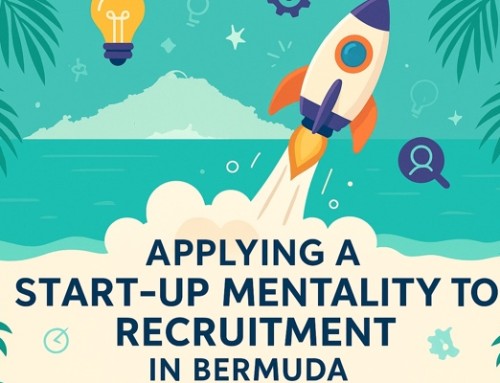Building a house on anything other than solid foundations is a sure-fire route to disaster. The exact same can be said for a business when its CEO is anything but the best.
Steve Jobs had an outstanding reputation. While popular imagination links him to amazing Apple products such as the iPhone, he was also known around the world for his abilities as a first-class CEO, the leader who turned Apple into a trillion-dollar company. There’s also Tricia Griffith, CEO of Progressive, and a leader in the insurance industry who was listed as the 18th most powerful woman in business.
So how do you go about hiring a great CEO? Here are 7 things to bear in mind…
#1. Understand your company needs
The role of a CEO would seem quite obvious but it can vary hugely depending on the size of the company and from industry to industry. Define the responsibilities of your CEO and what has to be done to take the company to the next level. Knowing the particular areas of expertise your CEO must have is the first step in making sure you don’t make the wrong hire.
#2. Create the recruitment panel
Hiring a CEO is rarely a decision you can make alone. Directors and investors may also need to be actively involved in the search and recruitment process. More than one person will take part in the interview and the final decision should be a joint one. A strong recruitment panel can provide objectivity.
#3. Write a job ad that attracts CEOs
The best CEOs will likely have frequent job offers and there is going to have to be something incredibly eye-catching for them to take a closer look at your company. It’s important to note that, whilst important, money isn’t always the first motivator so include both what you require (experience and qualifications) and what they can expect (challenges and growth).
#4. Maximize your search
There are industry-specific sites, professional bodies and global recruitment specialists, plus social media channels such as LinkedIn. At the same time, there are numerous other places where you can find expert talent:
- Insurance conferences (including online)
- Blog authors and participants (thought leaders)
- Create your own networking social events
- Expert headhunters in your space
- Examine previous applicants
There’s also frequently a great debate of whether or not to hire from within. You may have Managing Directors or department heads who show a great deal of potential and there might be less risk involved in promoting them rather than hiring someone from outside the business since they will understand the company culture and be familiar with systems, clients and so on.
Conversely, bringing in somebody from outside has the advantage of a ‘fresh pair of eyes’ that can reinvigorate an organization that might have become stuck in its ways, and see opportunities that might have been overlooked by past leadership teams. In this regard, the value of your management team’s contacts should be taken into consideration.
#5. Screen your potential CEOs
You have probably had enough experience interviewing candidates for lower-level positions. However, the tables are somewhat turned when it comes to interviewing CEOs. The most important thing to appreciate is that the best ones (i.e. the ones you should be interested in) are in high demand, and you need to dazzle them as much as they need to impress you.
Be sure to screen applicants thoroughly before they progress to the interview stage – the interview stage can represent a significant investment of management time if you are to do it properly (the last thing you want to do is to give the sense that you are rushing candidates through the interview or you haven’t allocated enough time for them). As there will be multiple interviews with different members of your Board or executive team, you’ll probably find that the investment of time in the interview process is significant.
#6. Create a shortlist
Once you have completed the first round of interviews, it’s time for the Board to get together, share notes, opinions and concerns. This will lead to further questions and further interviews. During the interview process, you need to provide opportunities for the candidate to demonstrate their skill sets.
Potential CEOs will understand this and, although the process can’t drag on forever, it also can’t be rushed. The most important thing is that you remain in contact with your candidates at each stage so that lines of open communication are maintained.
#7. Make your final decision
Due to the nature of the industry, it’s essential to carry out a full identity check, a credit check, and a background check. It may sound obvious but remember to verify their qualifications and employment history too, beyond taking up full professional references. They are going to be leading your company forward and you need to be sure you’ve chosen the right person.
In concluding, hiring a CEO a massive decision and a lot weighs on this process. Creating the right search and bringing in as many candidates as possible will ensure that you have captured as many potential candidates as possible. Be sure to look also at targeting passive candidates who are doing well in their present positions and not necessarily job-hunting. Collaborating with other stakeholders and external experts, if needed, is the key to finding the CEO who will be the right fit for your business.







Leave A Comment
You must be logged in to post a comment.